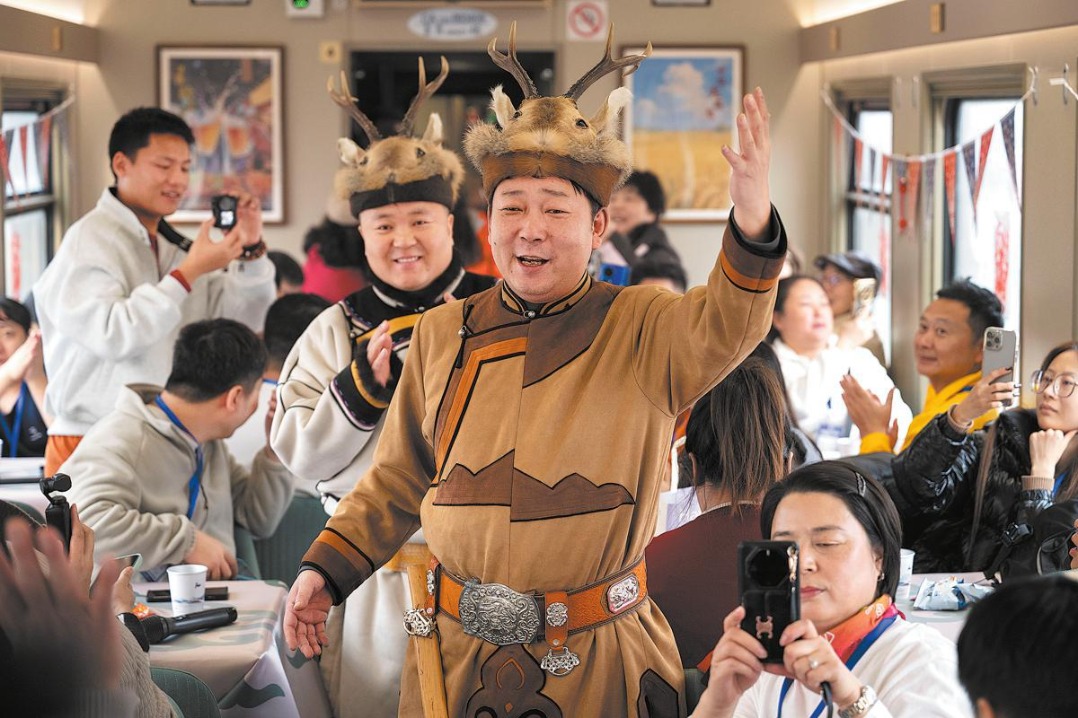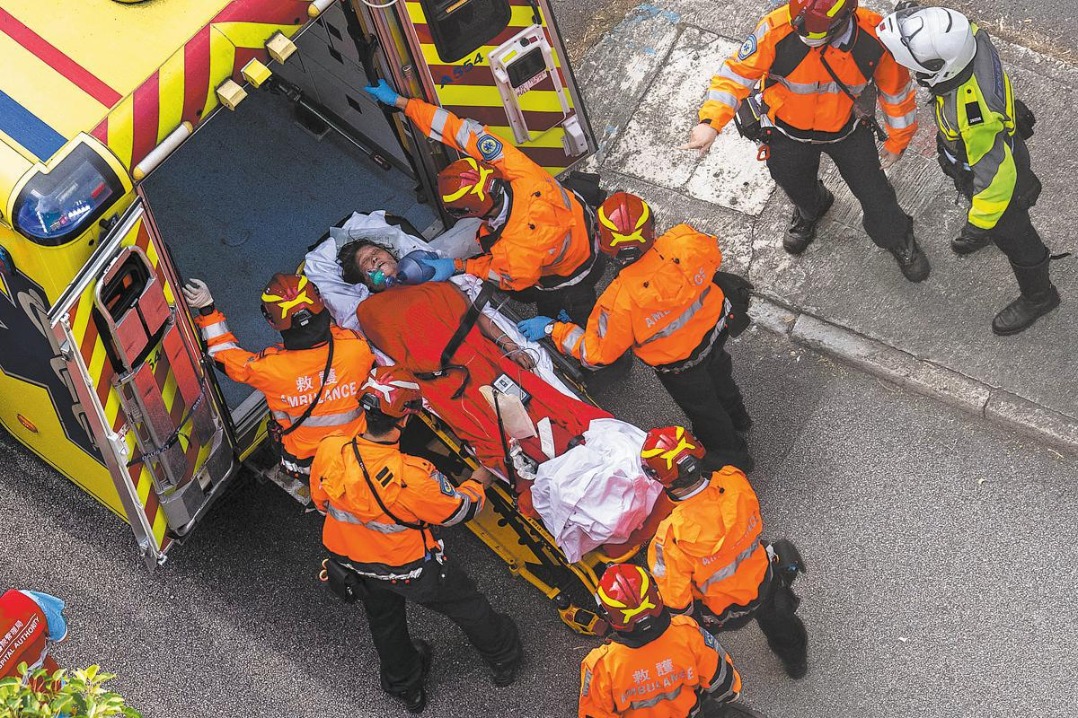Chinese barbecue skewers the F&B market
By LIU YUKUN | China Daily | Updated: 2022-09-10 10:12

According to Chenzhi Data, a big data service provider in the dining sector, over 60 percent of barbecue stores were priced under 60 yuan per person last year, while those priced above 120 only accounted for about 1.7 percent of the total.
"In addition, the table turnaround time for barbecue venues is much longer than fast food stores as consumers tend to come in a group, eat and drink while they chat, which could take up to 4-5 hours for one meal per table," Li said.
Chenzhi Data showed that about 42.6 percent of consumption scenarios at barbecue stores are for gatherings among friends and classmates, and only 4.5 percent of the scenarios are single-person consumption, which requires a large store space. A report by Guotai Junan Securities shows that barbecue stores across China held an average of 28 tables in 2021, which ranked second only to Chinese-style fine dining restaurants in terms of average table numbers.
Facing such a situation, Li came up with a solution-open a larger store in the middle of a wheat field, which is common in Shandong province, a Chinese agricultural hub.
"The place is huge with relatively low costs. It can almost host everyone that comes, without having to wait in a queue. We also cooperate with a nearby peach yard where consumers can pick peaches, eat them on site or bring them back home. The new format is very appealing to consumers who have hectic work and life schedules during the weekdays and want to embrace nature during weekends," Li said.
Li said he is also seeking opportunities from the Zibo-Qingdao Beer Festival, an annual event where the Zibo government in Shandong province cooperates with Qingdao to boost nighttime consumption to promote economic development.
"In recent years, local governments in many regions have loosened their requirements on street stalls running at night to promote nighttime consumption, in a bid to promote economic growth amid COVID-19 challenges, which to some extent has boosted the market for barbecue shops," Zhu said.
For instance, in 2020, cities like Jinan, Shandong province, and Chengdu, capital of Sichuan province, launched trial runs for designated stores to set up stalls in front of their store. Guangzhou, Guangdong province, allowed businesses in certain areas to "borrow" room from roads without interfering with traffic. Cities like Qingdao also launched events such as the beer festival, where consumers can enjoy beer, barbecue and other delicacies at stalls within the exhibition center while taking part in a variety of entertainment activities.
"While local governments have loosened limits on street stalls, they have strengthened regulations for safe management and hygienic production, for better development of the nighttime barbecue market," Zhu said.
























